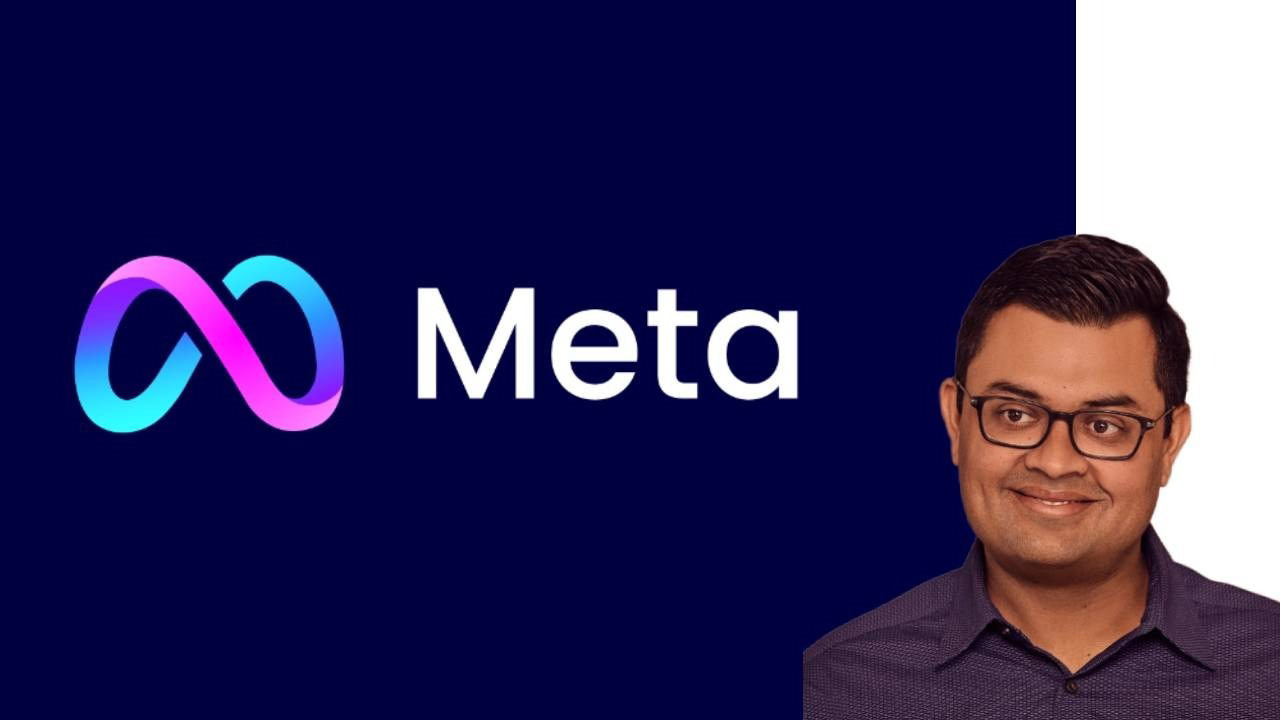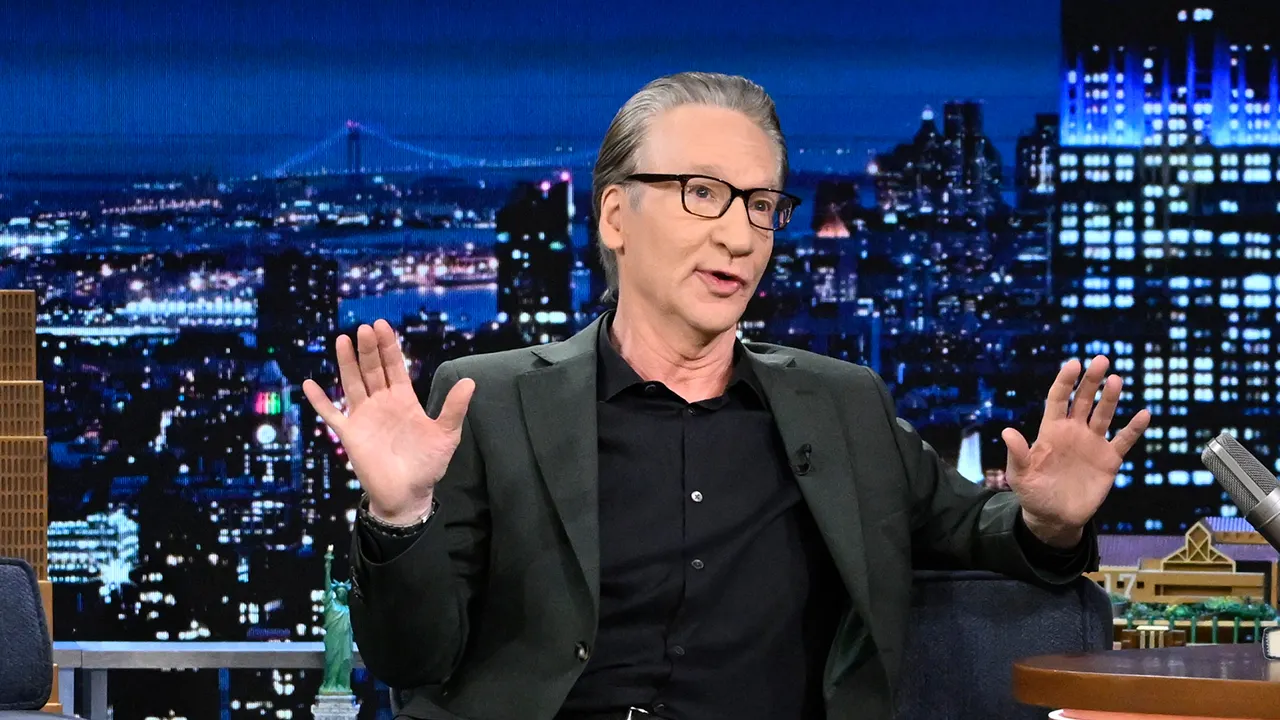Copyright breezyscroll

Meta Platforms CEO Mark Zuckerberg has elevated veteran executive Vishal Shah to a prominent role in the company’s artificial intelligence division—an appointment that underscores Meta’s deepening commitment to AI innovation and product integration. The move comes amid Zuckerberg’s ongoing leadership reshuffle as he repositions Meta for a future increasingly defined by generative AI and immersive computing. According to an internal memo cited by the Financial Times, Meta’s AI product chief Nat Friedman, announced that Shah will lead product management within the AI team and report directly to him. Who Is Vishal Shah? Vishal Shah is one of Meta’s longest-serving product leaders, with nearly a decade of experience shaping products across Instagram, Meta, and the metaverse. After earning his Bachelor of Science degree in Computer Science and Business from the University of California, Berkeley, in 2004, Shah began his career as an engineer at Redi2 Technologies. He later joined Accenture as an analyst, gaining early exposure to business and technology consulting. Between 2005 and 2013, Shah worked at Turn, a digital marketing and analytics firm, where he rose from engineering roles to director of product management. This period honed his ability to align product development with data-driven business objectives—a skill that would later define his leadership at Meta. In 2015, Shah joined Instagram as director of product management, where he played a key role in scaling the platform’s engagement and monetization strategies. He was promoted to vice president (VP) of product in 2018 and later took on one of Meta’s most ambitious challenges: serving as VP of the Metaverse from 2021 onward. Why Zuckerberg’s Pick Matters Shah’s new appointment signals Zuckerberg’s intent to bridge Meta’s major technology units—artificial intelligence and the metaverse. These divisions are no longer separate experiments but increasingly interconnected parts of Meta’s long-term strategy. In the internal memo, Friedman praised Shah for his “ability to tackle ambiguous technical problems” and his “strong relationships across Meta,” describing him as a leader who can translate broad AI ambitions into tangible products. According to the Financial Times, Shah wrote in an internal post that he plans to “remain very involved in building bridges between Meta’s Superintelligence Labs and Reality Labs that will enable us to shape how we deliver personal superintelligence to billions of people across all devices.” That statement reflects a larger strategic goal: Meta wants its AI capabilities not just to exist within text or chat interfaces like other generative AI systems, but to integrate seamlessly into its ecosystem—from smart glasses and virtual worlds to future augmented reality devices. How Shah’s Role Fits Into Meta’s AI Push 1. Merging AI With Reality Labs Reality Labs, Meta’s hardware and immersive technology arm, oversees the company’s virtual and augmented reality projects, including the Quest headsets and Ray-Ban smart glasses. By bringing Shah’s AI expertise into this division, Meta appears to be moving toward a future where its devices are more intelligent, contextual, and capable of interacting naturally with users. Imagine smart glasses that not only capture what you see but also interpret, summarize, or even create visual experiences in real time. 2. From Metaverse to “Superintelligence” Shah’s use of the phrase “personal superintelligence” hints at Meta’s broader ambition to develop AI systems that act as deeply personalized assistants—far beyond simple chatbots. It also marks a shift from Zuckerberg’s earlier “metaverse-first” vision to one where AI takes the lead as the company’s foundational technology. This transition aligns with recent moves across Big Tech, where AI has rapidly eclipsed other priorities, from cloud computing to virtual reality. What This Means for Meta’s Future Shah’s promotion arrives at a time when Meta faces both opportunity and pressure in the AI race. The company is investing heavily in training its Llama family of large language models and embedding AI features across Instagram, Facebook, and WhatsApp. Yet, despite its vast data resources and computing power, Meta has been playing catch-up with rivals like OpenAI, Google, and Anthropic in terms of public perception and enterprise adoption. Shah’s appointment could change that dynamic by accelerating Meta’s AI product pipeline and making its technology more visible to everyday users. If successful, his leadership could bring cohesion to Meta’s sprawling portfolio—tying together AI research, consumer products, and next-generation hardware into a unified user experience. Industry Context: The AI Leadership Shuffle Meta’s move mirrors similar leadership realignments across Silicon Valley. Tech giants are reassigning their most experienced product executives to AI-focused roles: At Google, DeepMind co-founder Demis Hassabis now leads the company’s unified AI division. Microsoft’s partnership with OpenAI has reshaped its product hierarchy, with AI teams now influencing every business line. Zuckerberg’s reshuffle, with Shah at the forefront, shows Meta’s determination to ensure AI remains central—not just to its products but to its culture and long-term vision. Why Vishal Shah Could Be the Right Fit Few executives understand Meta’s ecosystem as deeply as Vishal Shah. His background spans the full spectrum—from consumer engagement on Instagram to immersive experience design in the metaverse. His engineering roots also make him well-suited to oversee AI integration at a technical level, ensuring products are not only innovative but practical and scalable. As Friedman noted in his memo, Shah’s ability to navigate “ambiguous technical problems” will be essential as Meta explores what “personal superintelligence” could mean for billions of users. The Bottom Line Vishal Shah’s new role represents more than just another internal promotion—it marks a pivotal shift in how Meta envisions the relationship between AI and human interaction. By positioning one of its most trusted product leaders at the intersection of AI and Reality Labs, Meta is betting that the future of technology lies not just in smarter algorithms, but in more meaningful connections between people and machines.



